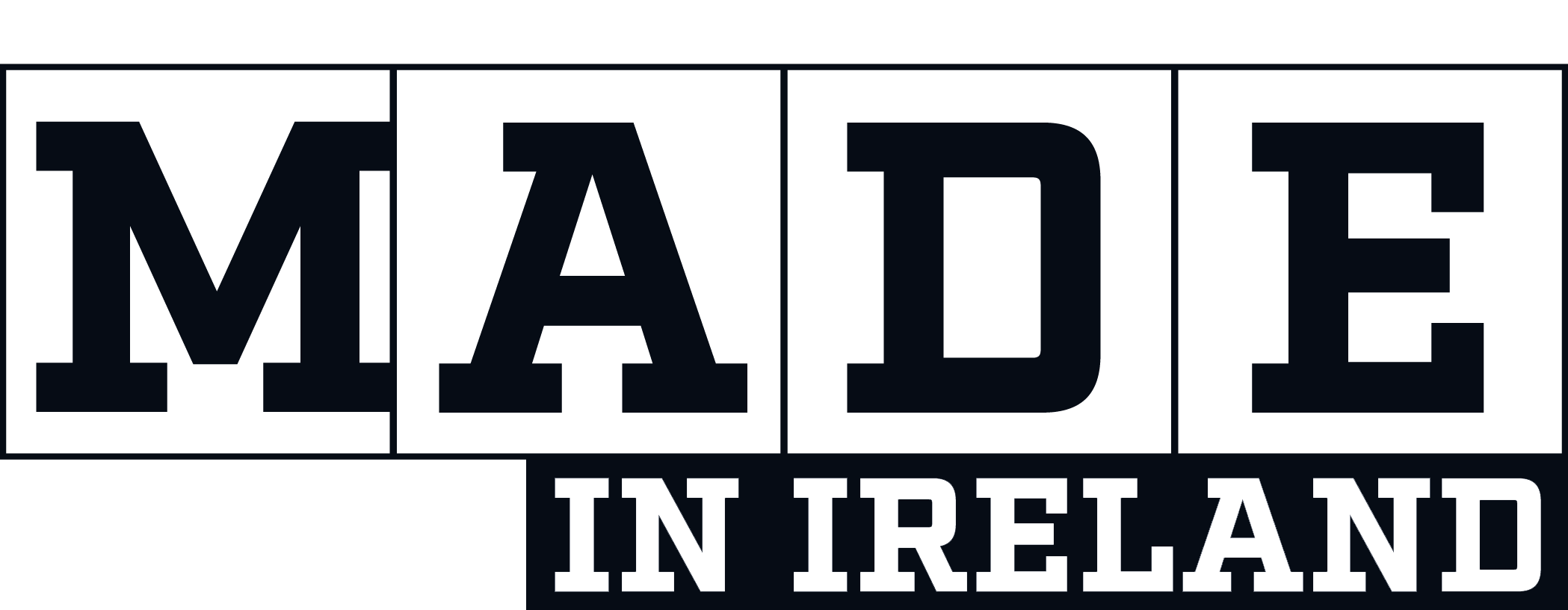Underlining the scale of the project, the overall planning application site area extends to nearly 1,000 hectares and the 3FM Project is to be developed on existing brownfield lands in the port, focusing primarily on the Poolbeg Peninsula, where one-fifth of Dublin Port’s estate is located.
The project is to deliver close to 20pc of port capacity required by 2040 by providing essential infrastructure and capacity for unitised cargo as demand for freight services from continental Europe grows.
The 3FM Project includes the construction of a new bridge across the River Liffey as part of the southern port access route, removing heavy goods vehicles, port and commercial traffic from existing public roads leading to and from the Tom Clarke Bridge.
The 3FM Project also includes the construction of a new lift-on lift-off terminal with an annual throughput capacity of 5.34 million tonnes.
The project also includes the replacement of the existing lo-lo container terminal, with a new roll-on roll-off terminal with an annual throughput capacity of 8.69 million tonnes.
It involves new public realm and open spaces contained within a Port Park.
The project, put forward by self-financing commercial semi-state Dublin Port Company, is the largest port infrastructure project in the company’s 317-year history.
It completes the three core strategic infrastructure projects brought forward for development from Dublin Port’s Masterplan, with the ABR Project near completion and the MP2 Project under construction.
Dublin Port Company chief executive Barry O’Connell said: “Today we are putting forward the 3FM Project to develop critical national port infrastructure on existing port lands to support growth in the Irish economy.”
He said the plan delivers on Dublin Port’s core mandate to facilitate international trade.
“It does this by maximising our current footprint to create state-of-the-art capacity for import and export trade, which is the mainstay of our economy, and which is fundamental to future economic growth,” Mr O’Connell added.
He added that from a business perspective, the 3FM Project puts in place “essential port infrastructure that supports Ireland’s export ambitions into the future”.










